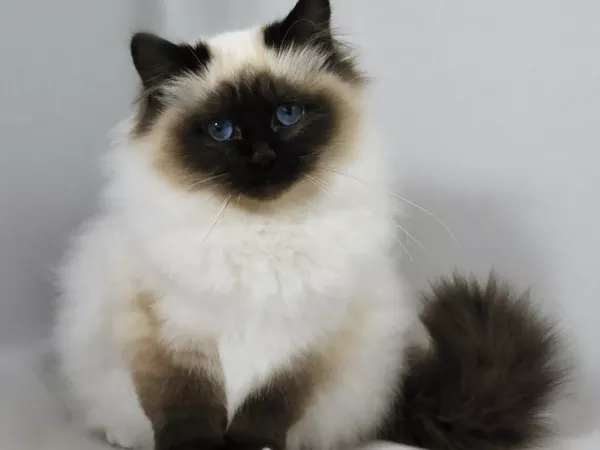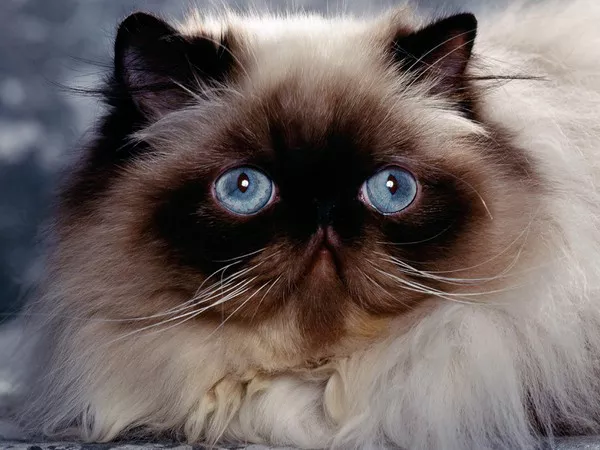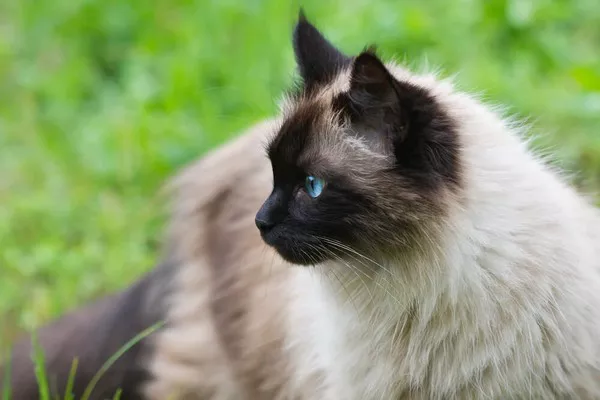Cats are known for their discerning taste buds and unique dietary requirements. As responsible pet owners, it’s natural to wonder about the safety and suitability of various foods for our feline friends. One such food that may pique curiosity is dates. These sweet and nutritious fruits are enjoyed by humans, but can dates be a part of a cat’s diet? In this comprehensive exploration, we delve into the nutritional needs of cats, the properties of dates, and whether cats can safely consume this fruit.
Understanding Feline Nutrition
Obligate Carnivores:
Cats are obligate carnivores, meaning their diet primarily consists of meat. Unlike omnivores that can thrive on a varied diet, cats have specific nutritional requirements that are essential for their overall health. Protein, essential amino acids, and certain vitamins and minerals derived from animal sources are crucial for meeting these needs.
Protein as the Cornerstone:
Protein is the cornerstone of a cat’s diet. It provides essential amino acids necessary for various physiological functions, including muscle maintenance, immune system support, and energy production. A lack of adequate protein can lead to severe health issues in cats.
Limited Carbohydrate Requirements:
Unlike humans who can efficiently metabolize carbohydrates, cats have a limited ability to do so. Their digestive systems are adapted to process proteins and fats, and excessive carbohydrates in their diet can lead to obesity and other health issues.
Unique Nutritional Needs:
Cats require specific nutrients like taurine, arachidonic acid, and vitamin A that are found predominantly in animal tissues. Meeting these unique nutritional needs is crucial for maintaining a cat’s optimal health and preventing nutritional deficiencies.
The Nutritional Composition of Dates
Dates:
Dates are the fruit of the date palm tree and are consumed worldwide for their sweet flavor and nutritional benefits. They are a good source of natural sugars, fiber, and various vitamins and minerals. While dates are a healthy addition to the human diet, the nutritional profile raises questions about their suitability for cats.
Nutritional Content of Dates:
Dates contain natural sugars, including fructose and glucose, providing a quick energy boost. They also contain dietary fiber, which aids in digestion. Additionally, dates offer small amounts of essential minerals such as potassium, magnesium, and copper, along with vitamins like B6 and K.
Concerns About Sugar Content:
While the natural sugars in dates can be a source of energy for humans, the high sugar content raises concerns for cats. Cats lack the enzymes needed to efficiently break down and process sugars, and excessive sugar intake can lead to various health issues, including obesity and diabetes.
Can Cats Eat Dates?
The Importance of Moderation:
While dates are not toxic to cats, their nutritional composition and high sugar content make them an unsuitable regular addition to a cat’s diet. Moderation is key when considering offering dates or any non-meat-based treats to cats.
Risk of Gastrointestinal Upset:
Feeding cats large quantities of dates can result in gastrointestinal upset. Cats may experience diarrhea, stomach cramps, or discomfort due to their limited ability to digest plant-based foods.
Potential for Obesity:
Excessive consumption of sugary fruits like dates can contribute to obesity in cats. Obesity is a significant health concern for felines, leading to various issues such as diabetes, joint problems, and a reduced lifespan.
Impact on Blood Sugar Levels:
The impact of dates on a cat’s blood sugar levels is a significant consideration. Cats are prone to diabetes, and a diet high in sugars can exacerbate this risk. Monitoring and maintaining stable blood sugar levels is crucial for a cat’s overall health.
Individual Variations:
Cats, like humans, have individual variations in their ability to tolerate certain foods. While one cat may show no adverse reactions to a small amount of date, another may experience digestive issues. It’s essential for pet owners to observe their cats closely and adjust their diet accordingly.
See Also: Can Cats Eat Fries? [Revealed!]
Alternatives to Dates for Cat Treats
Meat-Based Treats:
Given the obligate carnivorous nature of cats, meat-based treats are the most appropriate and enjoyable options. High-quality cat treats made from real meat, such as chicken or fish, provide the necessary protein without the risks associated with sugary fruits.
Commercial Cat Treats:
There are numerous commercial cat treats available that are specifically formulated to meet feline nutritional needs. These treats often incorporate essential nutrients and are designed to be both tasty and beneficial for cats.
Homemade Cat Treats:
For pet owners who prefer homemade treats, creating cat-friendly treats using ingredients like cooked meat or catnip can be a safe and enjoyable option. However, it’s crucial to avoid using ingredients that may be harmful to cats, such as onions or garlic.
Conclusion
In conclusion, while dates are not toxic to cats, they are not an ideal or necessary component of a feline diet. The high sugar content and the limited ability of cats to process sugars make dates a suboptimal choice for cat treats. As responsible pet owners, prioritizing a diet that aligns with a cat’s obligate carnivorous nature ensures their overall well-being.
Understanding feline nutrition, the unique dietary requirements of cats, and the potential impact of certain foods on their health allows pet owners to make informed decisions about what treats to offer. Opting for meat-based treats or commercially available cat treats ensures that cats receive the necessary nutrients without compromising their health. Always consult with a veterinarian for personalized advice on your cat’s diet and nutritional needs, and observe your feline companion for any signs of adverse reactions to new foods.


























